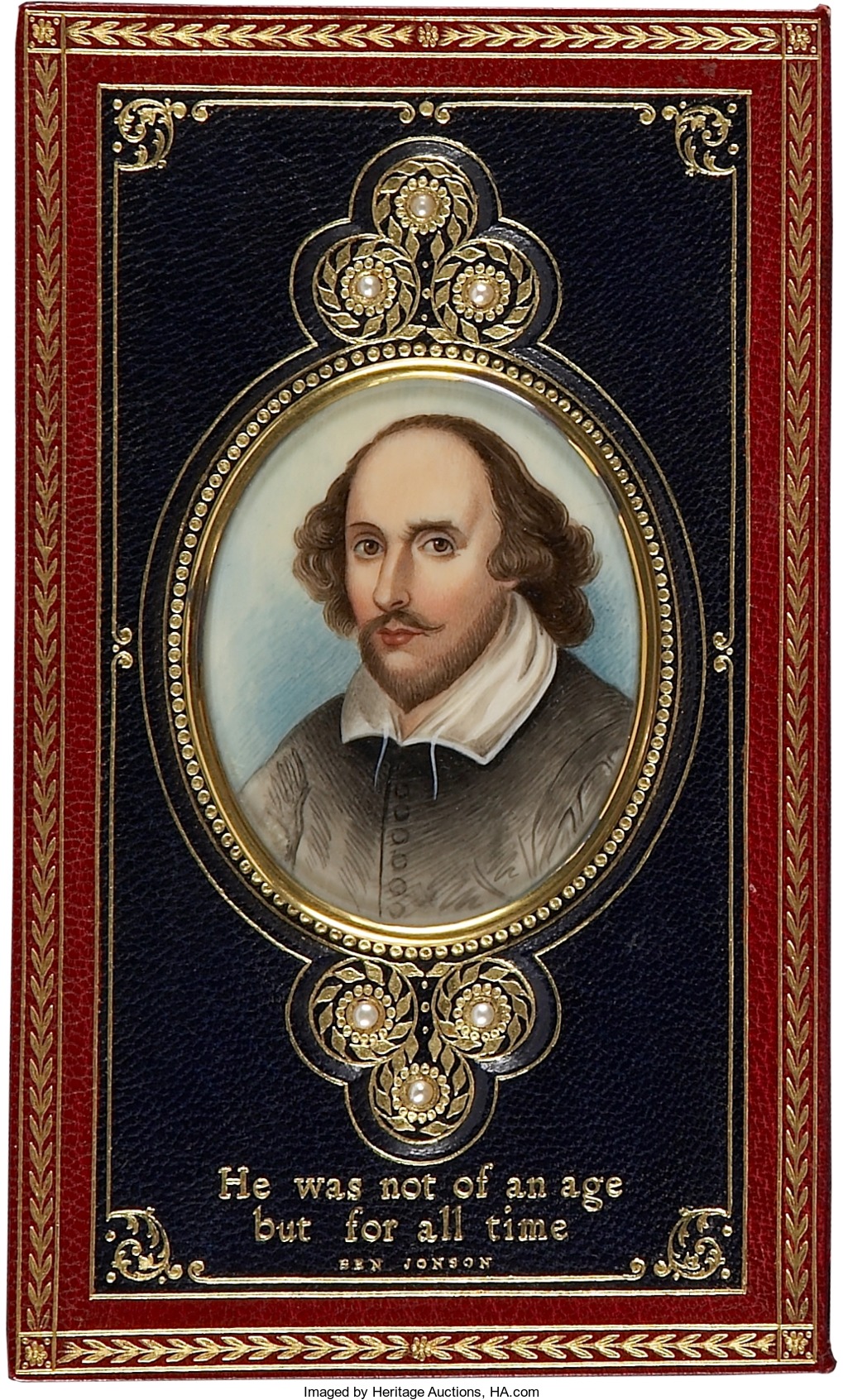
By Jim O’Neal
Nobel Laureate Richard Feynman on the atom from his “Six Easy Pieces” lecture series:
“If, in some cataclysm, all scientific knowledge were to be destroyed, and only one sentence passed on to the next generation, what statement would contain the most information in the fewest words?
“I believe it is the atomic hypothesis that all things are made of atoms – little particles that move around in perpetual motion, attracting each other when they are a little distance apart, but repelling upon being squeezed into one another.”
Personally, I would have a bit of a problem rebuilding if that was the extent of all knowledge! And, although I can use more than one sentence, the following may not add enough for you to do it either.
To begin, atoms are simply everywhere and constitute every single thing. Not only stuff like a wall or your refer, but the air in between.
They combine to make molecules and molecules combine to make elements. Chemists think of molecules rather than elements just as writers think in terms of words and not letters.
Molecules are numerous, beyond comprehension. A cubic centimeter of air (the size of a sugar cube) contains 45 billion-billion molecules. Now think about how many sugar cubes it would take to replace all the matter in the universe. Multiply that number by 45 billion, then multiply that by another billion. Well, you get the idea. And, of course, atoms are by definition more abundant than molecules.
Atoms are also very durable and have been around sooo long that every atom in your body has passed thru several stars and been a part of millions of organisms. They are so anatomically numerous and vigorously recycled at our death that it has been suggested 1 billion of my atoms (and yours) were once part of Shakespeare … and of Ghengis Kahn. An odd thought, but statistically probable (not just possible).
Atoms are also tiny … very, very tiny. It is hard to describe just how tiny, but here is a crude attempt:
A millimeter thickness is like comparing a single sheet of paper to the height of the Empire State Building. Got it?
Well, atoms are only one-ten millionth as thick as a millimeter. That is tiny.
When we die, our atoms will simply disassemble and move on to become other things like a rock, another human being, or a Doritos tortilla chip. It is somehow comforting to know that someday, I will be a Doritos chip rather than a Pringles.
 Intelligent Collector blogger JIM O’NEAL is an avid collector and history buff. He is President and CEO of Frito-Lay International [retired] and earlier served as Chairman and CEO of PepsiCo Restaurants International [KFC Pizza Hut and Taco Bell].
Intelligent Collector blogger JIM O’NEAL is an avid collector and history buff. He is President and CEO of Frito-Lay International [retired] and earlier served as Chairman and CEO of PepsiCo Restaurants International [KFC Pizza Hut and Taco Bell].
